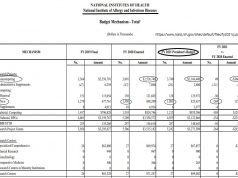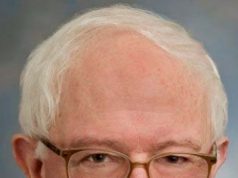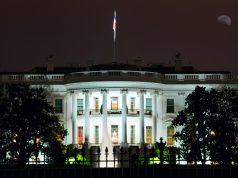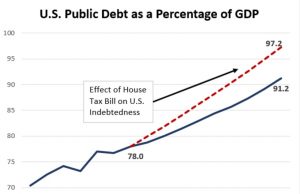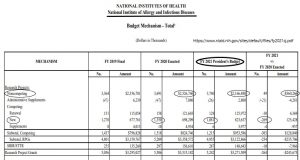Those without Visas can take to the Friendly Skies
Mexican citizens interested in entering the U.S. illegally should be cautious in the approach they use. Investing in equipment needed to either burrow under or climb over the proposed 30 foot border wall could prove to be a huge waste of money. There are alternatives that are much cheaper and far safer.
One option that non visa holding border crossers may consider is traveling through Canada. As part of their effort to expand commerce and tourism, the Canadians have largely waived visa requirements for Mexican citizens. Flying to any of several Canadian cities within easy distance to the U.S. border is only somewhat more expensive for many Mexicans than taking a bus to the U.S. Mexican border and impediments to entering the U.S. from Canada are largely nonexistent.
Canada charges $7 for what they call an “Electronic Travel Authorization” or “eTA”. It can be obtained on line and according to the Canadian Government website, “Applying for an eTA is a simple online process. Most applicants get their eTA approval (via an email) within minutes.”
The price of flights to Canada vary depending on the city in Mexico you wish to leave from and the city in Canada that you plan to travel through to reach the United States. United Airlines has a flight from Mexico City to Vancouver, British Columbia that offers coach class tickets for as little as $146 for some days during the week. Travelers headed for destinations in the eastern United States may wish to pay between $160 to $170 for flights to Toronto or Montreal.

Most major Canadian airports are within short commuting distance of the U.S. border. Vancouver International for instance is only 18 miles to the border at Roberts point and 27 miles to the border at Surrey. Google maps estimates the drive time to the border in Surrey at slightly over 30 minutes. The estimated Uber fare from the airport is $48.

Like much of the U.S. Canadian border you may have difficulty recognizing that it is in fact a border but if you simply walk about 5 feet past the edge of the roadway on 0 Avenue you’re in the U.S. Total cost from Mexico City to Blaine, Washington, $201 including the $7 eTA fee.
Not only is the crossing into the U.S. from Canada much easier for those who have no U.S. visa but the cost of flying to Canada and entering the U.S. from that border can be very competitive for many would be entrants—even if they have a visa. The $200 price of entering from Vancouver for someone living in Mexico City compares to the price of a $60 to $100 bus ticket for the 17 hour ride to Matamoras, Juarez or Nuevo Laredo or other cities along the Texas border. Also consider that the traveler may be much further from their ultimate U.S. destination if the enter through Texas or other points on the U.S. Mexican border than if they arrive through Canada.
Ultimately, most Mexicans may decide they have no real interest in going to the United States anyway. After all, according to PEW Research Center, that has been the trend in recent years with about 15 percent more Mexicans leaving the U.S. on average each year than entering. In addition, those who wish to leave Mexico going forward may look to work in a country where the taxes they pay will be used a little more sensibly. Perhaps they will decide to stay in Canada.




